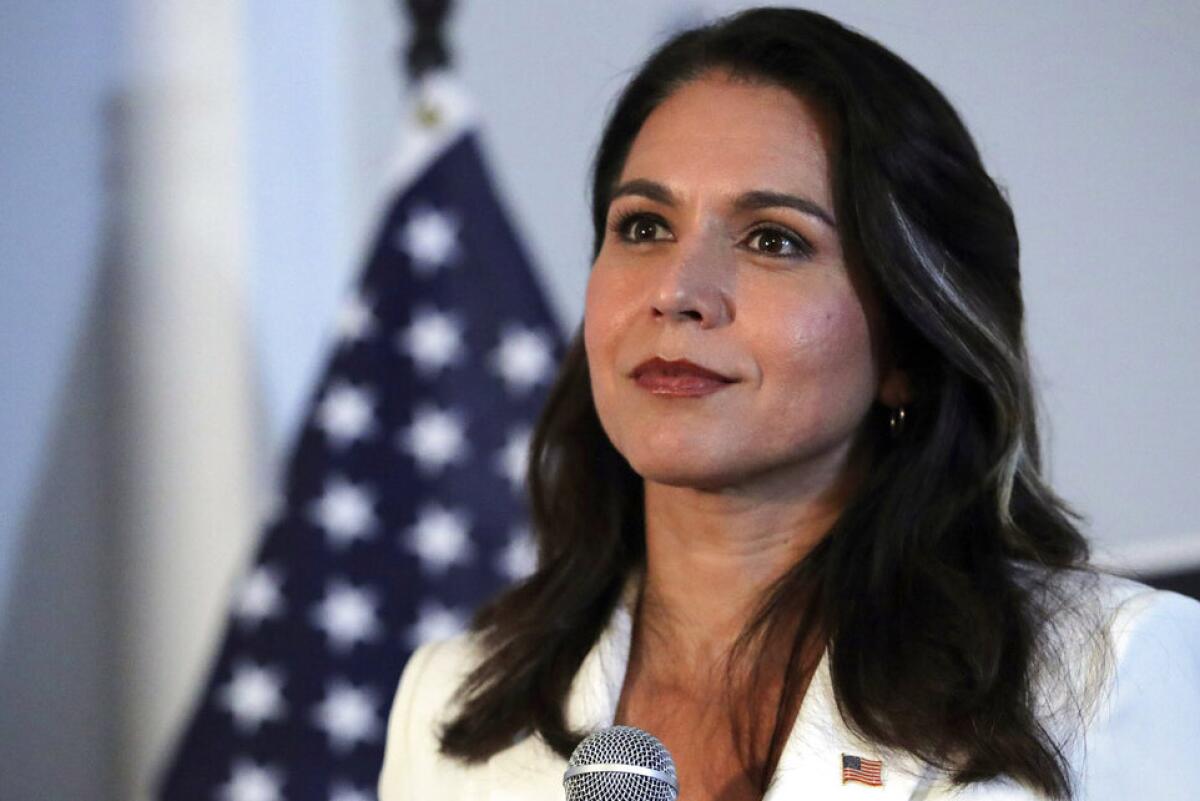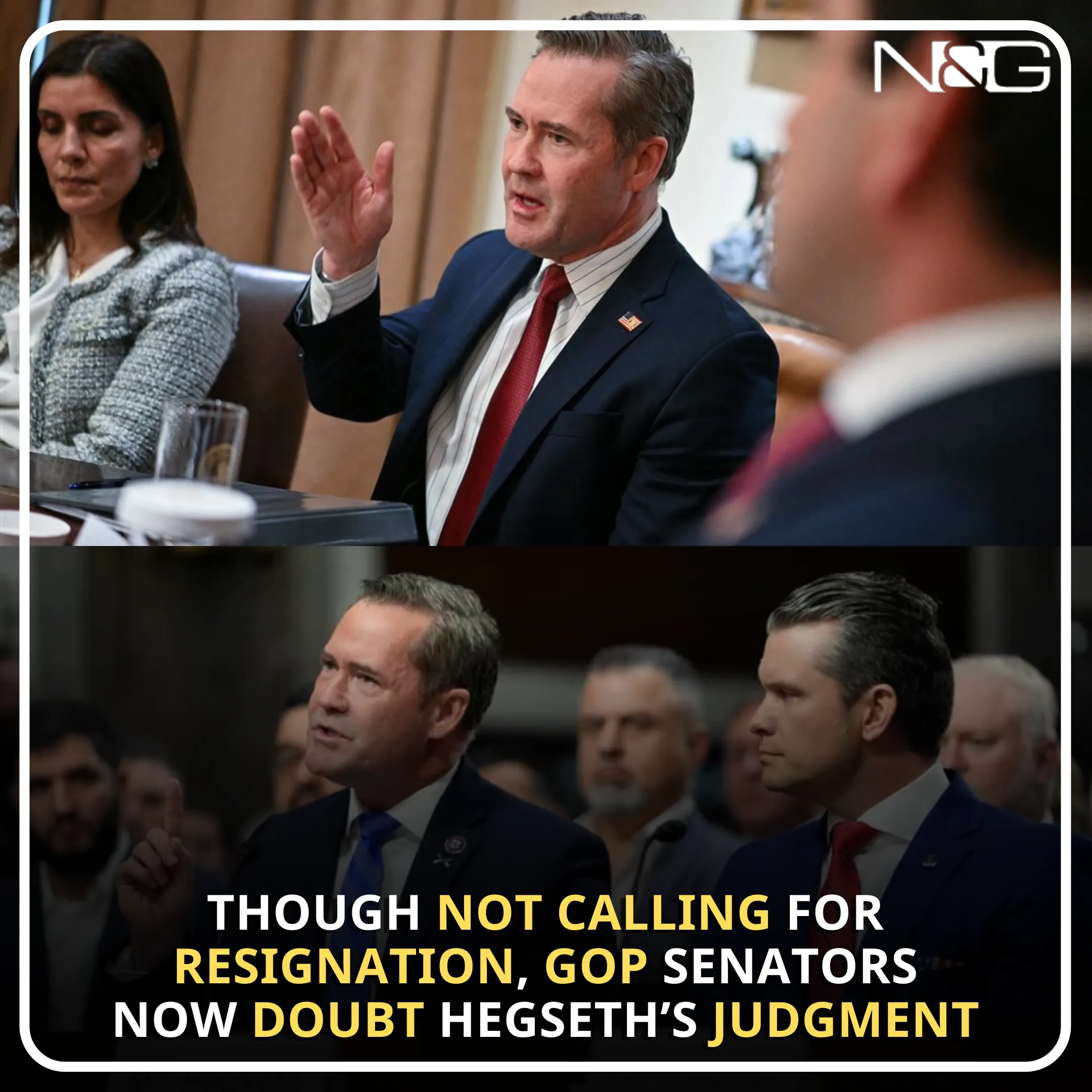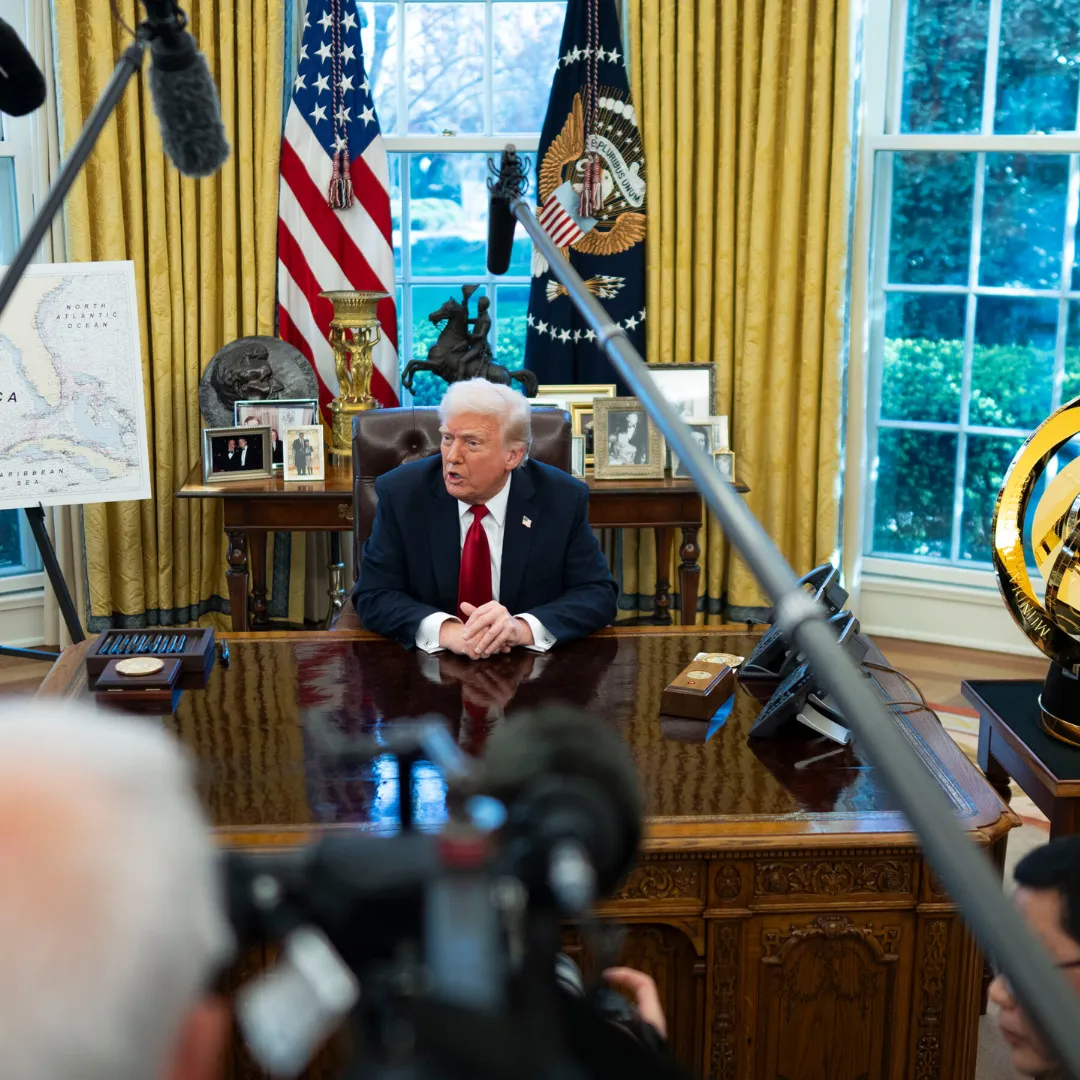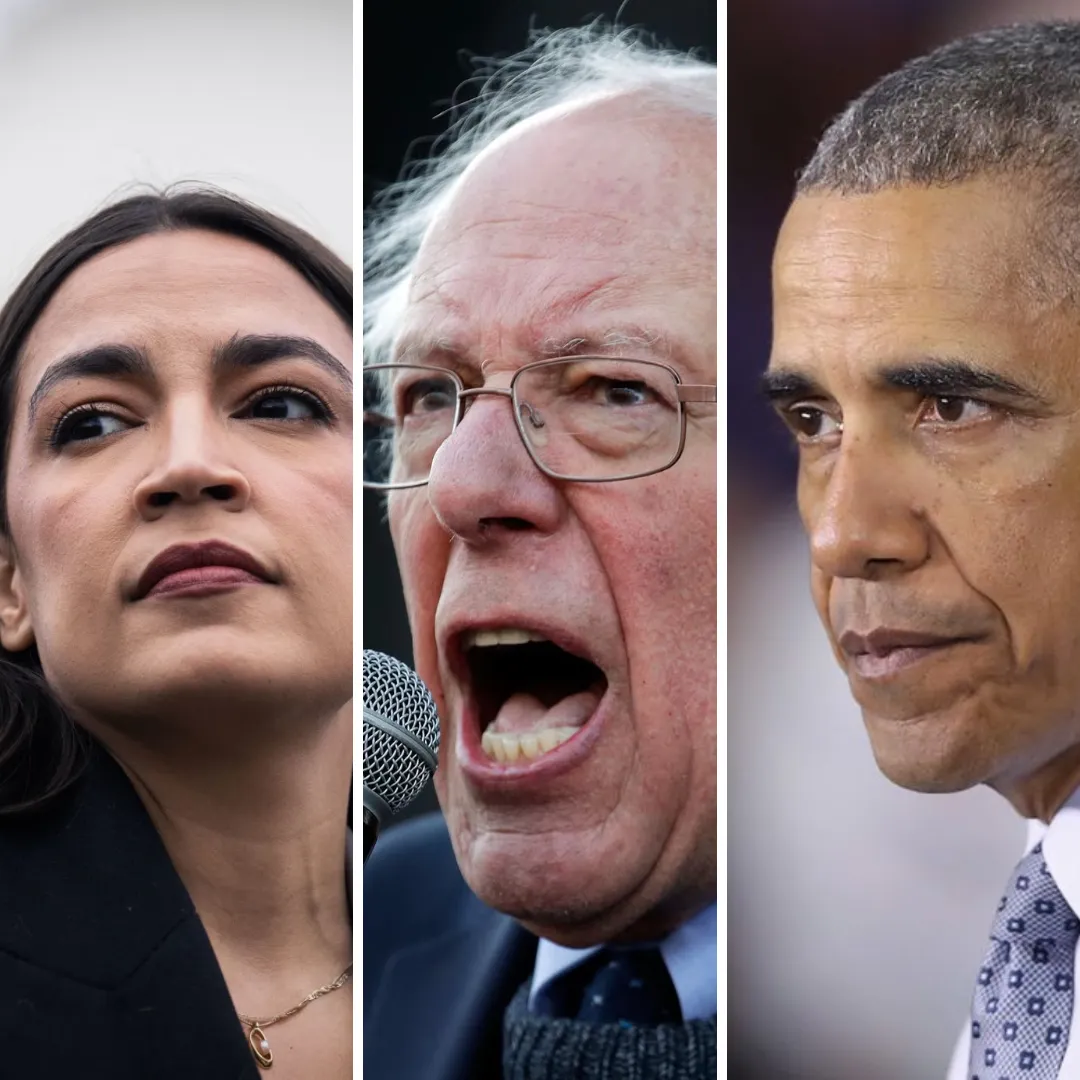Tulsi Gabbard, the former Hawaii congresswoman turned Trump-aligned political figure and now the Director of National Intelligence under President Donald Trump’s administration, is facing a growing storm of legal and ethical scrutiny over what appears to be conflicting representations of her residency in two states.
Gabbard declared under oath in mid-2023 that she and her husband were residents of Texas, claiming a homestead exemption on a house outside Austin. Yet, in November, she voted in Hawaii’s general election — an act that experts say could constitute a potential violation of state election laws, depending on her actual intent and legal residency status.
As questions swirl around Gabbard’s status, they go beyond dry technicalities of election law or tax policy. This case touches on voter integrity, transparency, and trust — issues that Gabbard herself has championed vocally, particularly as a MAGA-aligned surrogate in recent years.
Now, with Gabbard occupying one of the most sensitive national security roles in the country, her personal legal choices are under an especially intense spotlight — raising concerns not only about compliance with the law, but also about the credibility and conduct of top U.S. officials.
In March 2024, property records show that Tulsi Gabbard and her husband Abraham Williams purchased a home in Leander, Texas, a suburb of Austin. A few months later in June, the couple filed a sworn affidavit declaring themselves residents of Texas.
The document was titled “Designation of Homestead,” and under Texas law, homestead tax exemptions are only available to those who designate the property as their primary residence.
Not long after that, Gabbard applied for and received a homestead tax break on the Texas property, reducing her annual property taxes by roughly $1,200. According to state law, such an exemption is only available to Texas residents who live in the property as their main home.
Meanwhile, in Hawaii — where Gabbard spent most of her political life — she remained registered to vote. In the 2024 general election, she did exactly that: voted as a Hawaii resident.
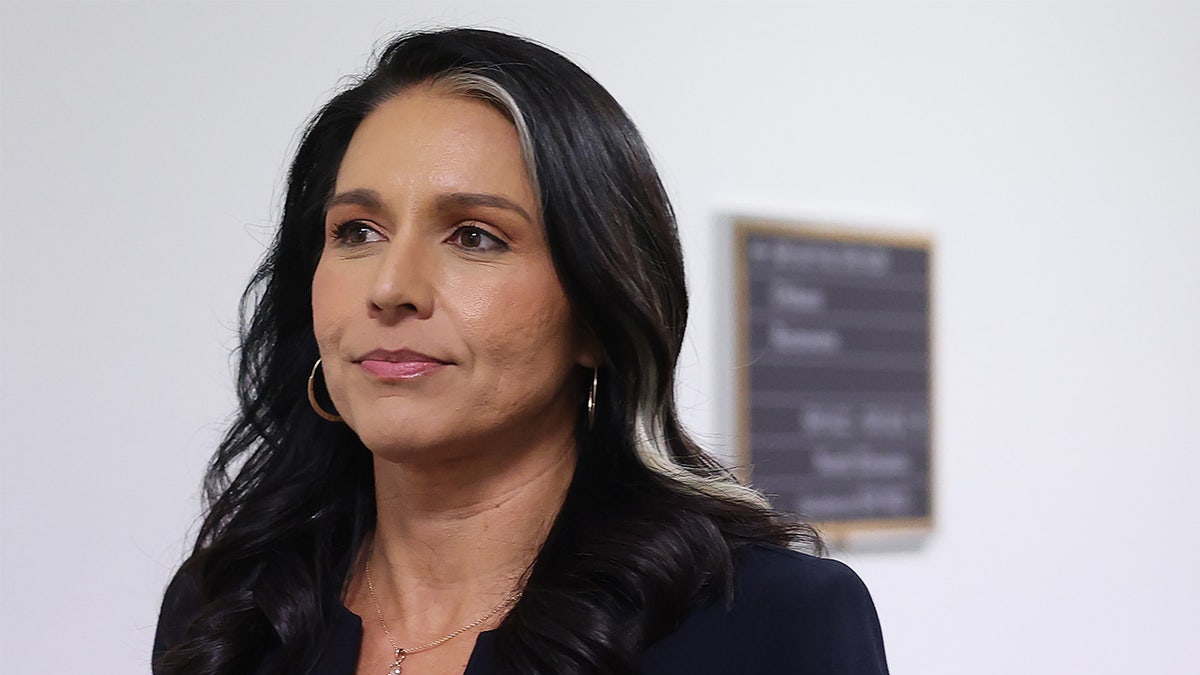
Gabbard’s lawyers insist there is no contradiction. In a letter sent to CNN before the story broke, attorneys Jesse Binnall and Jason Greaves wrote that Gabbard “was, is, and intends to remain a Hawaii resident,” and that she only filed the homestead exemption in Texas on the advice of officials who said it would help shield her address from public view amid security concerns.
But experts disagree on whether that explanation holds water — legally or politically.
Election law and tax law often define “residency” in different ways. However, both generally hinge on the idea of a person’s “primary home” — where they live, intend to remain, and return to when away.
Hawaii’s voting laws state that a person’s residence is defined as “the place in which the person’s habitation is fixed, and to which, whenever the person is absent, the person has the intention to return.”
Importantly, it also says that if a voter applies for a homestead exemption in another state, there’s a legal presumption that they have abandoned their Hawaii residency.
Justin Levitt, a law professor at Loyola Marymount University, says Gabbard’s case “raises a bunch of questions.”
“If she voted in Hawaii without actually living up to Hawaii’s eligibility standard, then that’s a problem,” he told CNN. “Alternatively, if she always meant to keep Hawaii as home, that could well be a problem for that Texas tax exemption.”
Lance Collins, a Hawaii lawyer with experience in voter residency challenges, went further: “Requesting a homestead exemption in another state is strong evidence of an intention to abandon (residency).”
In other words, Gabbard might be caught between two state systems, each of which expects clarity about where she truly lives — something that becomes more complicated when tax savings and public appearances are factored in.
Under Trump, Gabbard’s political transformation from liberal Democrat to conservative icon has been swift and strategic. She’s spoken at Trump rallies, echoed MAGA talking points about “election integrity,” and criticized what she calls “deep state” interference in American democracy.
That rhetoric now sits uncomfortably beside her own actions.

Gabbard’s vote in Hawaii, after declaring Texas residency and claiming a tax break there, opens her up to accusations of hypocrisy, even if she did not violate the letter of the law.
Critics say it’s especially egregious for a high-ranking federal official to play fast and loose with residency rules, particularly while serving as Director of National Intelligence — a position that oversees America’s most classified information and is expected to be beyond reproach.
Camron Hurt of Common Cause Hawaii, a nonpartisan watchdog group, said Gabbard’s behavior may not constitute definitive wrongdoing, but it is clearly “concerning.”
“As a public servant and high-profile figure, an explanation is owed,” he said. “If circumstances warrant, Ms. Gabbard should be held accountable for her actions.”
Texas law stipulates that making a false statement on a homestead exemption application could result in a misdemeanor or felony. Hawaii law allows challenges to voter registration and provides a process for investigations if someone appears to have violated eligibility standards.
Gabbard’s legal team has argued that applying for a homestead exemption doesn’t necessarily cancel out Hawaii residency. Yet, even Texas authorities note that homestead exemptions are only meant for a property used as a person’s primary home — not just as a security precaution.
The confidentiality benefit that Gabbard cited as justification for the exemption is only available to those approved for a homestead exemption — not merely those seeking to hide their address.
Complicating matters, Gabbard has spent considerable time in Texas. Her social media activity shows her attending shooting ranges, gyms, and other public events in and around Austin.
In television appearances on Fox News, the backdrop has changed from her traditional Hawaii imagery to views of the Texas State Capitol. Her financial disclosure filed in January lists the Leander home mortgage as for a “Personal Residence.”
All of which paints a picture that, legally and optically, undermines the claim that Hawaii remains her home.
Gabbard is not the only Trump administration official facing questions over residency and voting. Health and Human Services Secretary Robert F. Kennedy Jr. voted in New York despite a court ruling that he did not qualify for the ballot there due to a questionable address claim.
Like Gabbard, Kennedy faces calls for investigation and potential penalties. Taken together, these controversies suggest a pattern of top Trump allies brushing up against — if not outright breaching — state laws on residency and voting.
For now, no investigation into Gabbard’s actions has been formally announced. But under Hawaii law, any registered voter can challenge another’s registration. And watchdog organizations may soon file official complaints.
The question facing Gabbard isn’t just whether she committed a technical violation. It’s whether, as a national security leader, she acted in a way that maintains public trust — or undermines it.
In an era where voting integrity remains a polarizing topic, Gabbard’s story may serve as a reminder that even those who shout the loudest about the rules are not immune from violating them.

